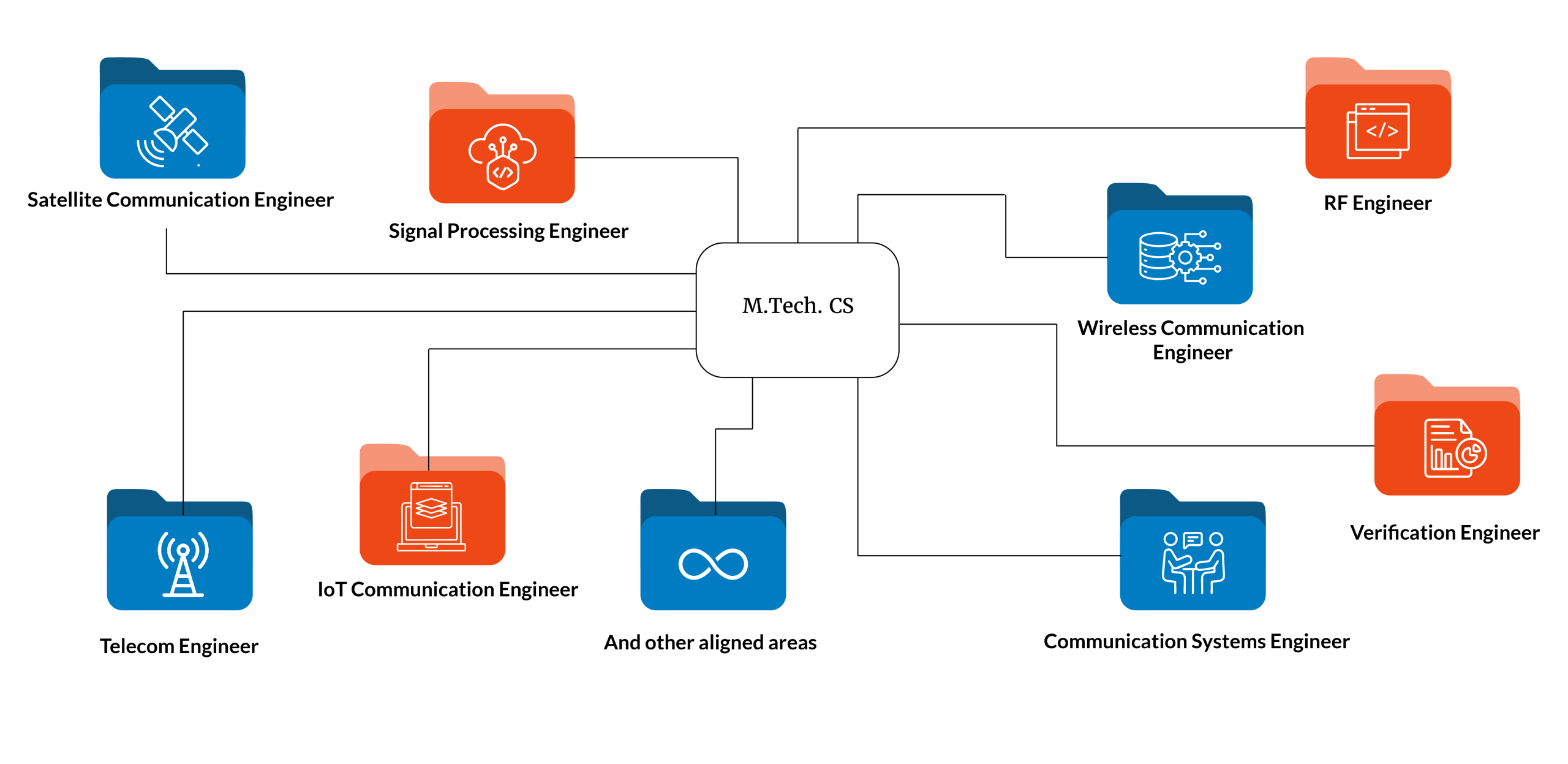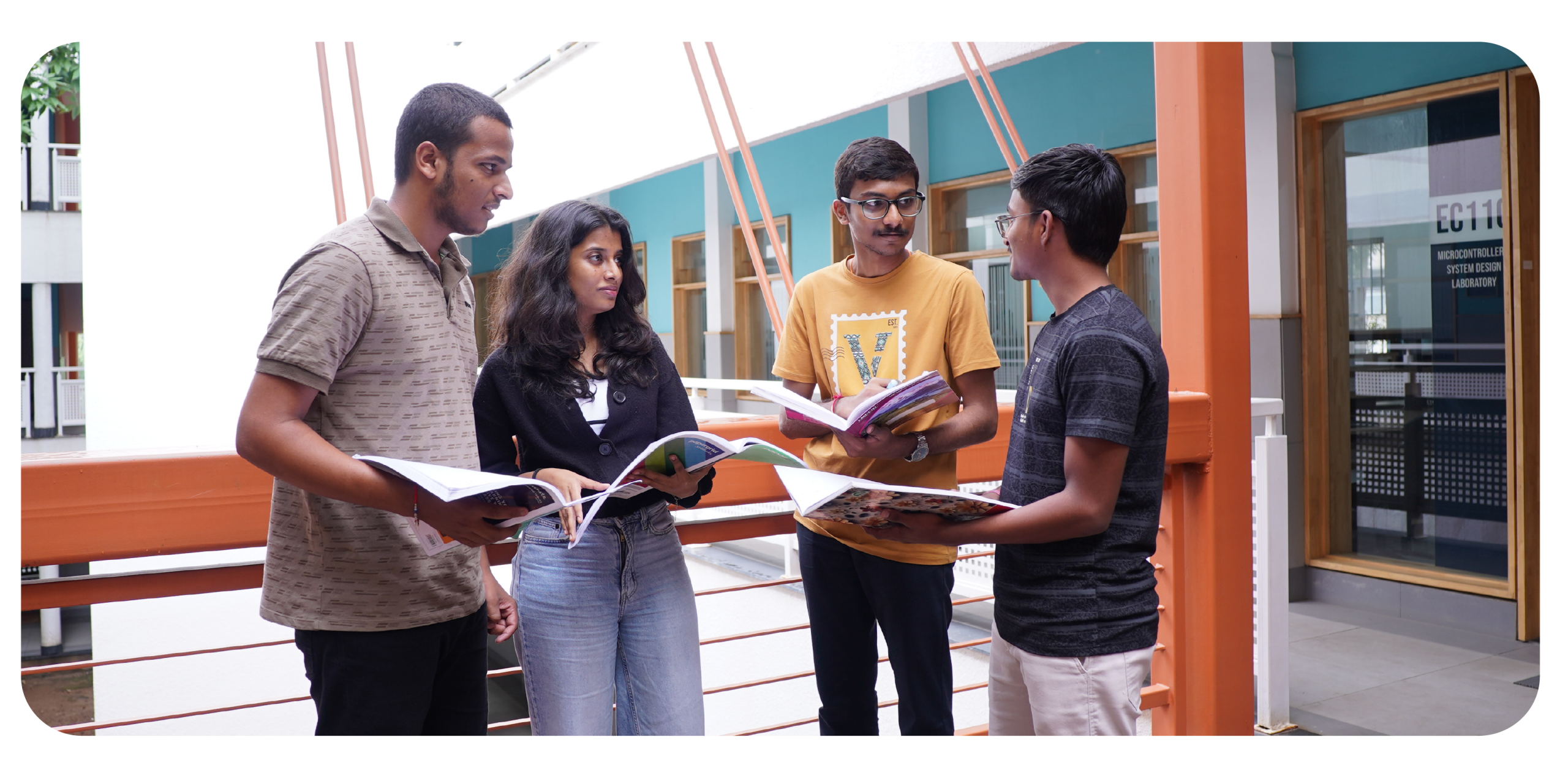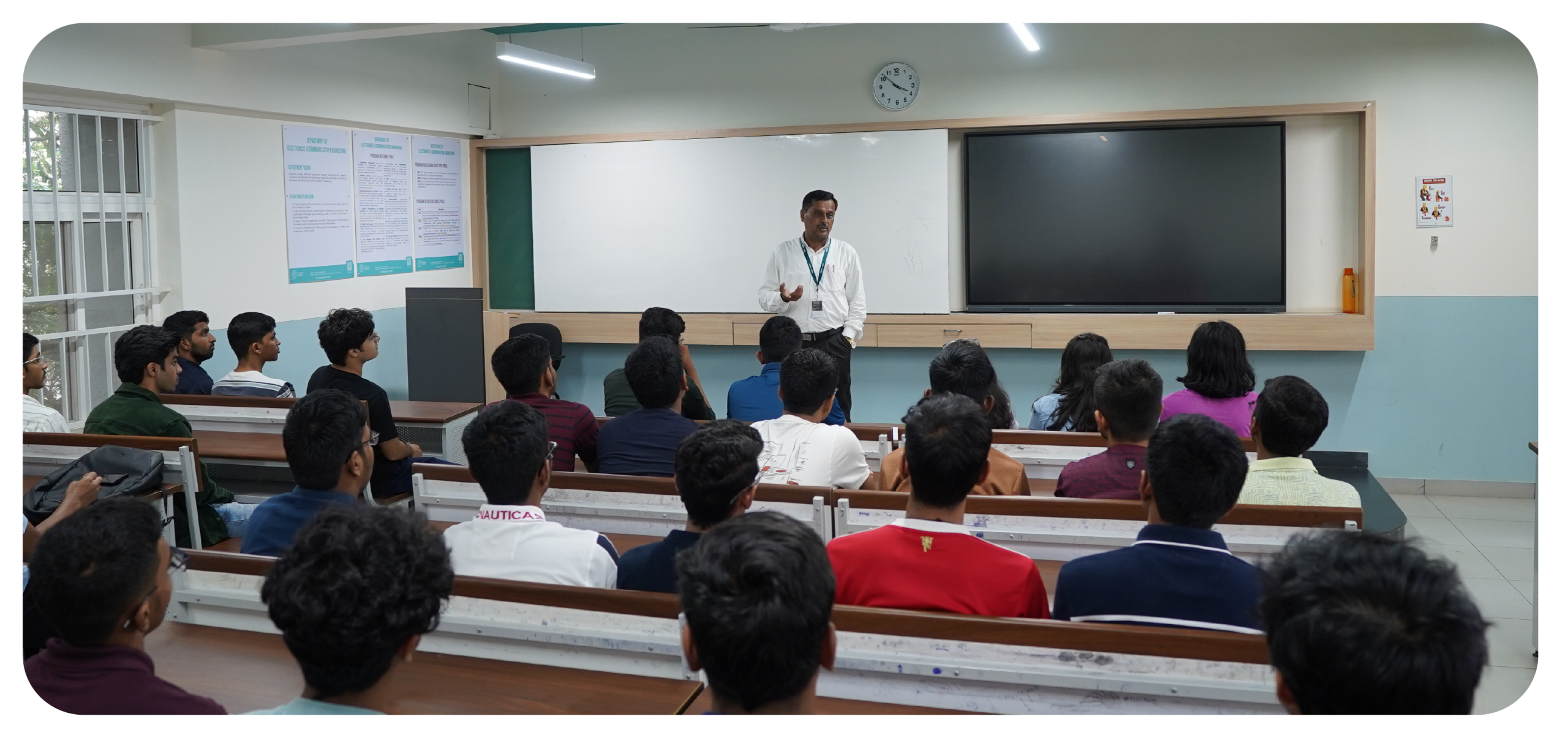M.Tech. in Communication Systems
Engineering
Tomorrow’s Tech
About the Programme
The M. Tech. in Communication Systems (CS) programme, established in 2006, is a full-time, four-semester postgraduate programme with strong infrastructure and a consistent 15:1 student-teacher ratio. The curriculum, designed with industry feedback, focuses on interdisciplinary research, employability, innovation and includes mandatory projects and internships. Students are encouraged in R&D, consultancy and entrepreneurship. The department boasts a VTU-affiliated R&D centre established in 2004, attracting grants from organisations like DRDO and ISRO for diverse research topics and currently has 45 Ph.D. students.
It is also the lead department for the Centre of Excellence in Smart Antenna Systems (SAS), specialising in RF and microwave devices, and serving as an EMI/EMC test facility. Graduates secure attractive packages in public, private and educational sectors, with industry salaries up to 9.5 LPA. The department maintains MoUs with leading companies like Qualcomm, Samsung and Intel.
The M. Tech. in Communication Systems (CS) programme, established in 2006, is a full-time, four-semester postgraduate programme with strong infrastructure and a consistent 15:1 student-teacher ratio. The curriculum, designed with industry feedback, focuses on interdisciplinary research, employability, innovation and includes mandatory projects and internships. Students are encouraged in R&D, consultancy and entrepreneurship. The department boasts a VTU-affiliated R&D centre established in 2004, attracting grants from organisations like DRDO and ISRO for diverse research topics and currently has 45 Ph.D. students.
It is also the lead department for the Centre of Excellence in Smart Antenna Systems (SAS), specialising in RF and microwave devices, and serving as an EMI/EMC test facility. Graduates secure attractive packages in public, private and educational sectors, with industry salaries up to 9.5 LPA. The department maintains MoUs with leading companies like Qualcomm, Samsung and Intel.
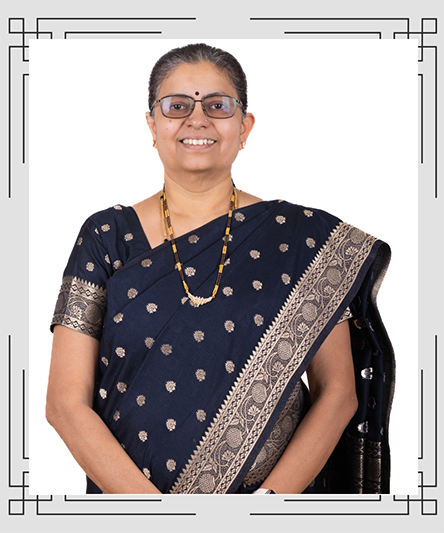
Message FROM
DEAN PG STUDIES (CIRCUIT PROGRAMMES)
RV College of Engineering has been offering Post graduate programs since the year 1997 (MCA) and 2004 (MTech). The programs have been successful in terms of Academic outcome, Industrial Internships, Conversions to full time Placements, Higher education and Research, Accreditations with good grades (both in Tier I and II). These are an indication of RVCE’s commitment to quality and Excellence.
The curriculum is Industry oriented, with Courses on cutting edge technologies, well quipped laboratories and Centers of Excellence for Project works and research, qualified faculty mentors and technical staff to support.
There are Extra and Co-curricular activities, Innovative project clubs and International University collaborations to add value to the programs.
Come and be a part of our Master degree programs in MCA and MTech and fulfil your dreams.
Dr. K Sreelakshmi,
Professor and PG Dean (Circuit)
dean.circuit@rvce.edu.in
Placement overview
Number of companies visited
Number of offers made
Number of students selected
Average Salary
Maximum salary
*Ongoing Placement
Top Recruiters & Industry Collaborations
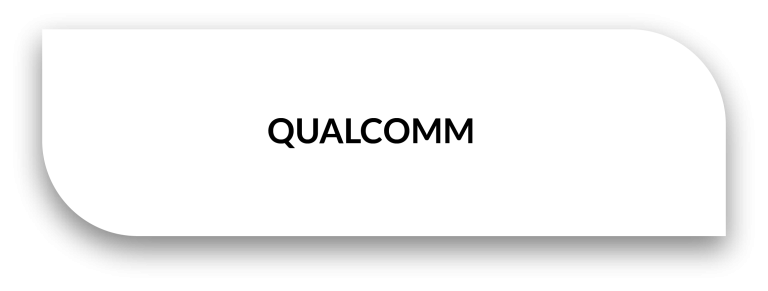
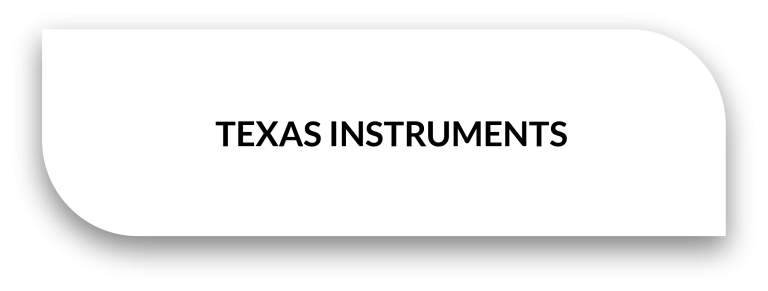
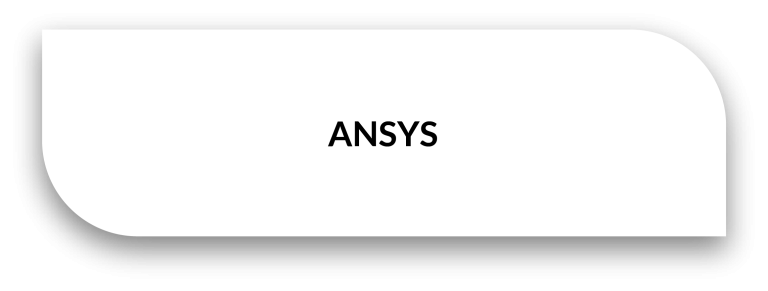
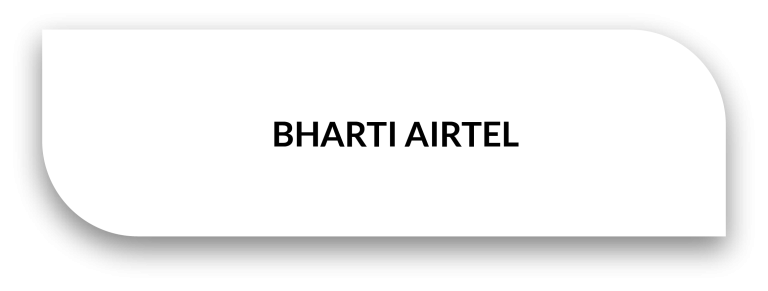
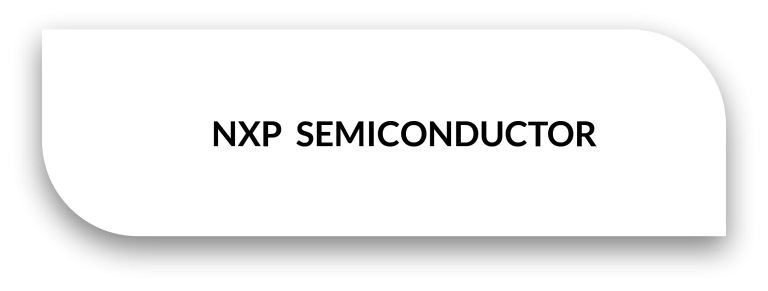
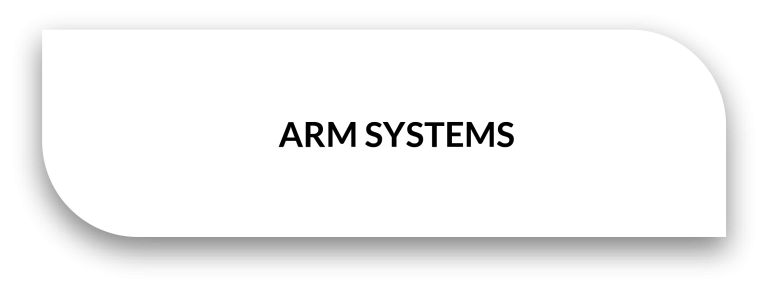
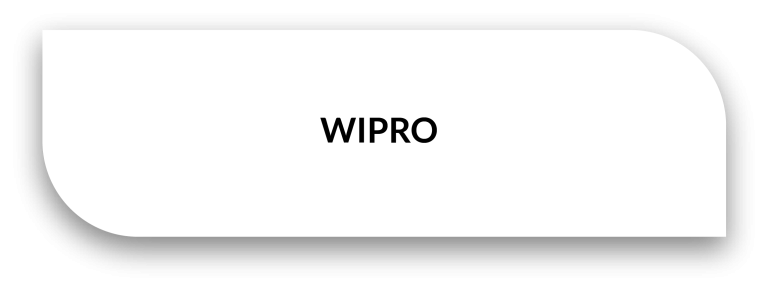
Placement overview
Number of companies visited
Number of offers made
Number of students selected
Average Salary
Maximum salary
Top Recruiters & Industry Collaboration







More About
the department
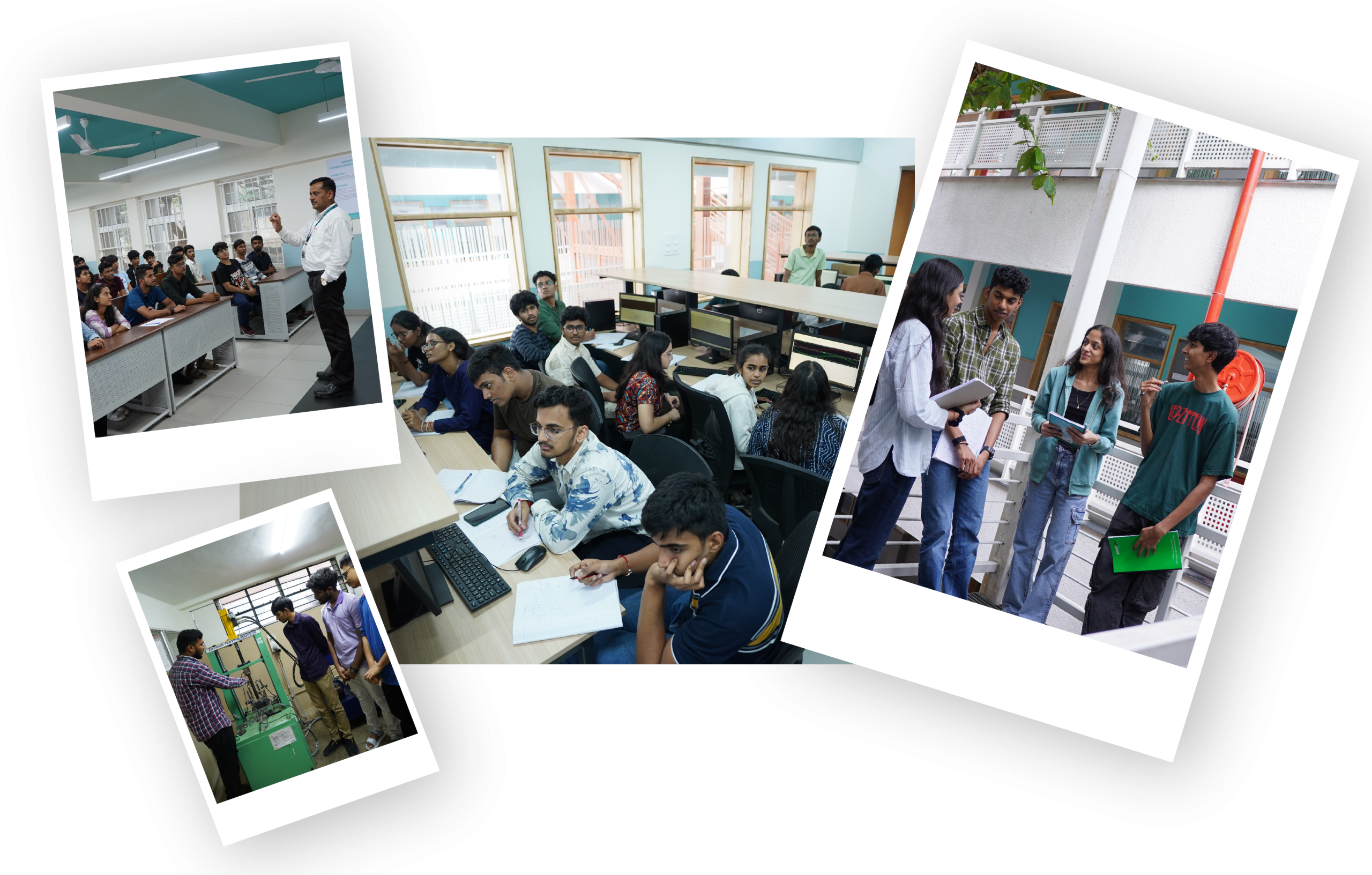
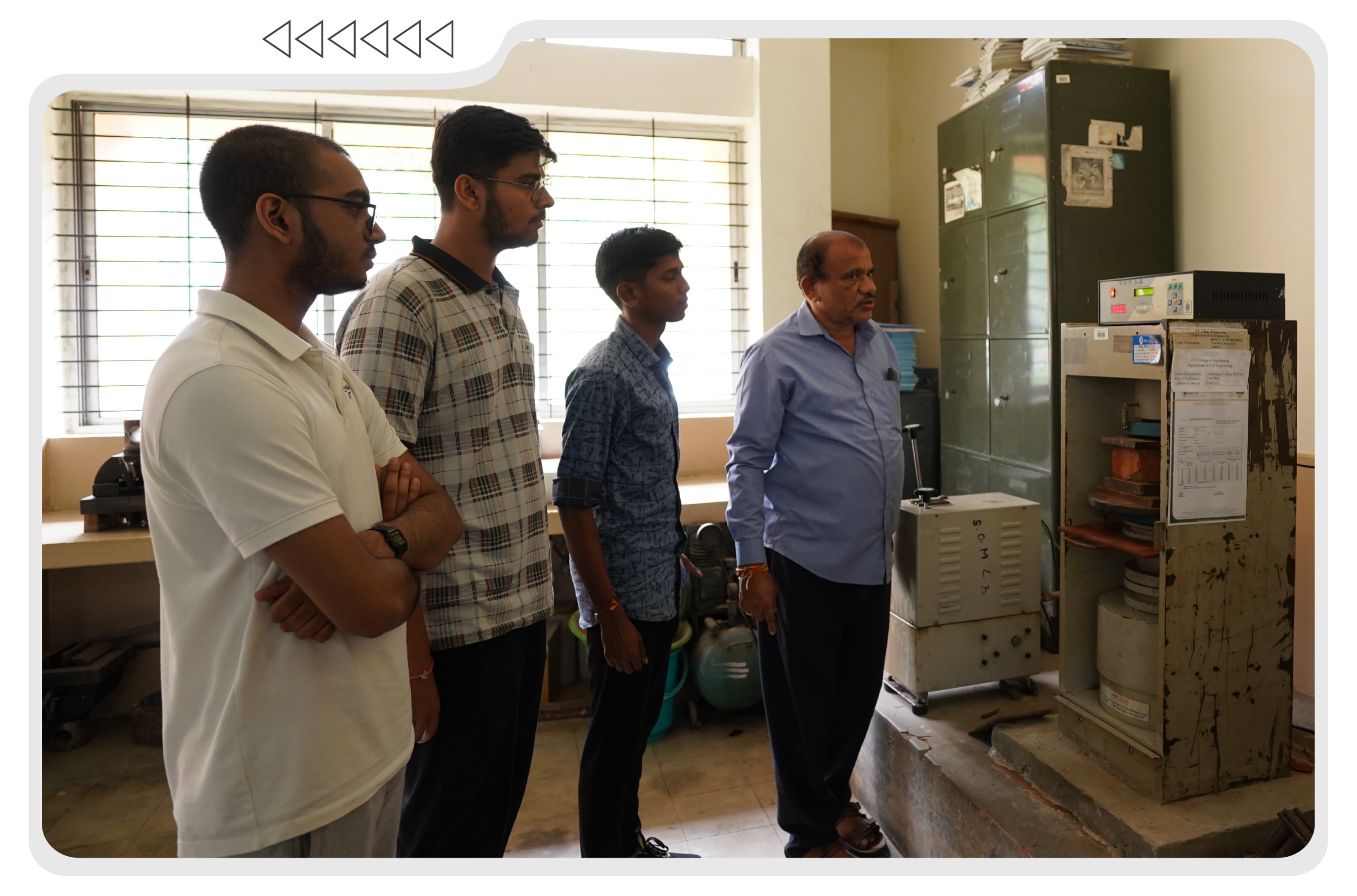
More About the
department
Programme Outcomes (PO)
Programme Educational Objectives (PEOs)
PEO 1: Apply concepts of Statistics, Linear Algebra and Residue Calculus in Communication, Signal processing and Electromagnetics domain
PEO 2: Solve issues in real-world communication sectors and develop feasible and viable communication systems.
PEO 3: Inculcate effective communication skills, practice effective teamwork, professional ethics and pursue research.
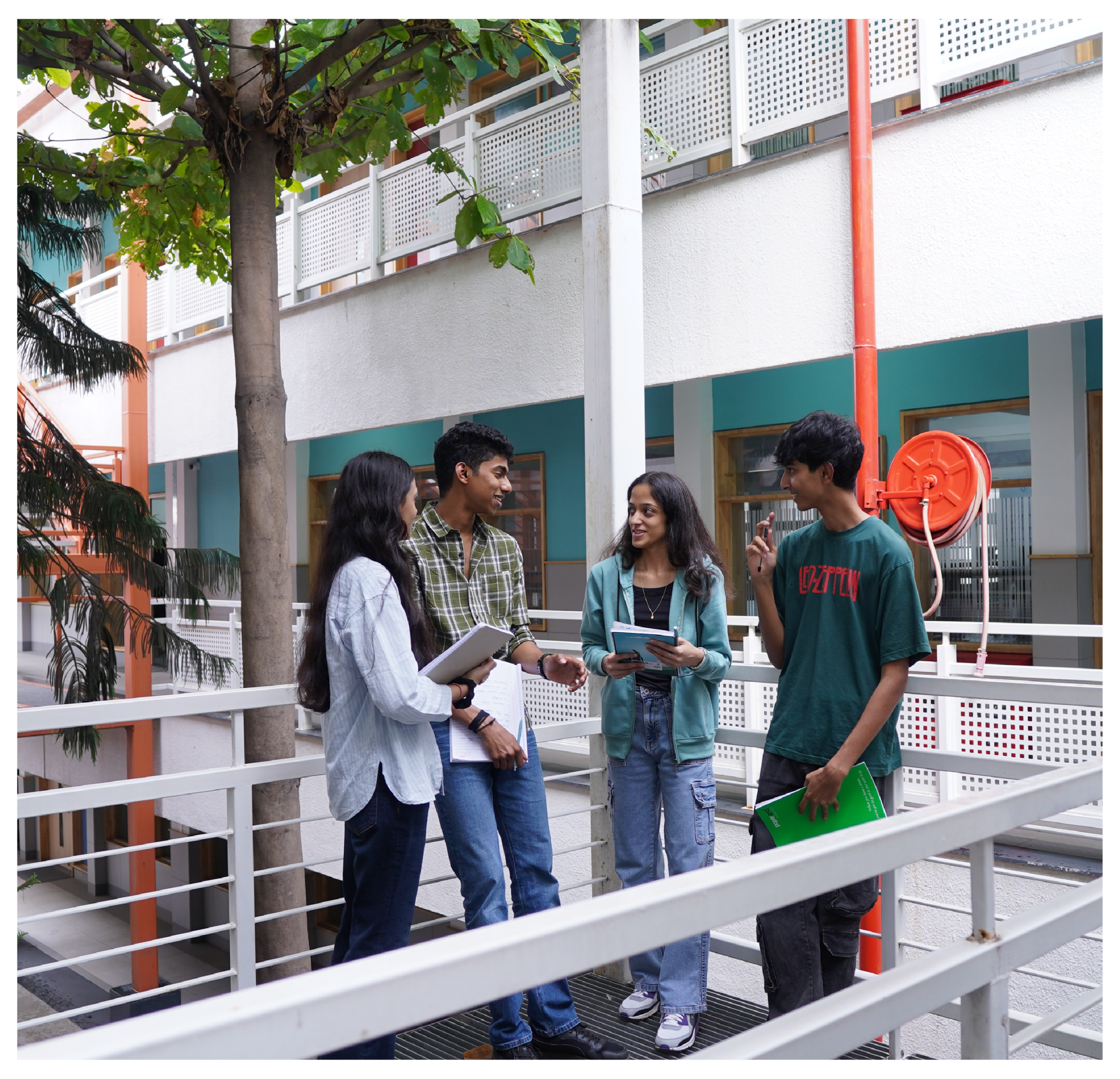

Programme Educational Objectives (PEOs)
PEO 1: Apply concepts of Statistics, Linear Algebra and Residue Calculus in Communication, Signal processing and Electromagnetics domain
PEO 2: Solve issues in real-world communication sectors and develop feasible and viable communication systems.
PEO 3: Inculcate effective communication skills, practice effective teamwork, professional ethics and pursue research.
TOP CARRER OPTIONS
